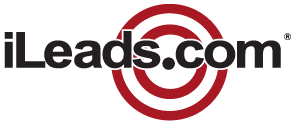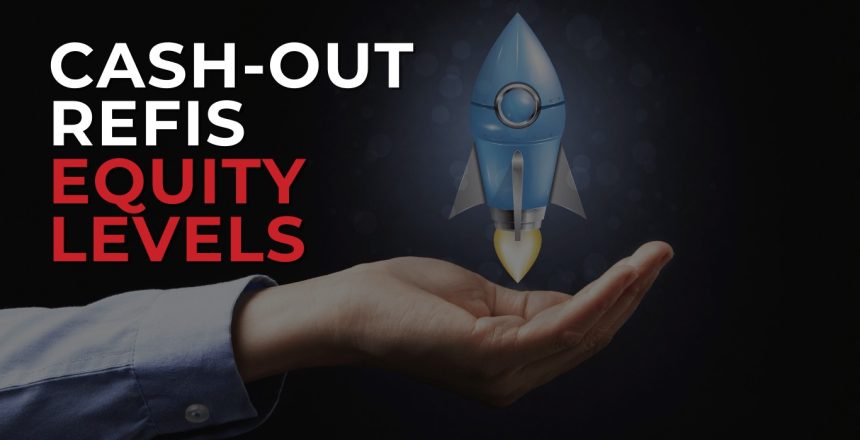Mortgage rates went up marginally during the last few months. Still, rates are low enough to consider refinancing. Rates may go up in the coming months, so if you are planning to Cash-Out Or Cash-In refinance now is the time to submit your application.
When you refinance, basically you have got three options. Most borrowers refinance for the existing loan amount. Some bring in extra cash. They are also some homeowners who take cash home after refinancing for a higher amount.
Why You Should Consider Refinancing
Refinancing allows you to get lower interest rates. That is the most important reason to refinance. Some borrowers also tap into their home equity and use the money for other purposes. This is called cash-out refinancing.
The value of your home might have appreciated over the years. So when you refinance, you can get a bigger mortgage and take home the difference. You can use this money to buy a luxury car or something else. Or you can invest it.
What Is Cash-Out Refinancing?
Borrowers who want to reduce their principal amount, on the other hand, bring extra cash to the table and get a smaller mortgage. This is called cash-in refinance.
When you get cash-in refinancing, you have to put in extra money to reduce your principal amount. This will increase your home equity and may also eliminate the need to get private mortgage insurance.
In addition, by increasing your equity in the house, you might be able to get a lower interest rate. People who have cash deposits often choose this kind of refinancing probably because the interest rates on bank deposits aren’t high. So instead of keeping the money in a savings account, they use it to pay down the mortgage principal.
However, most homeowners don’t have sizable cash assets and hence most of them maintain the loan amount when they get a refinance.
What Is Cash-In Refinancing?
If you have considerable equity in the property, you could perhaps get cash-out refinancing. The money that you get to take home can be used for paying your tuition fee or for making home improvements.
Remember that when you do a cash-out refinance, the money you owe on your mortgage increases. Consequently, your monthly mortgage payment too will increase. This might be asking for trouble if you don’t have a reliable source of income. In addition, if the value of your home decreases in the future, you will be underwater on your mortgage.
Cash-out refinancing was quite popular during the housing boom when home prices were going through the roof. And then prices started dropping and many borrowers had to walk away from their home because of negative equity.
Cash-Out Refinance vs. HELOC: Which Is Better?
Home equity line of credit or HELOCs tend to have adjustable rates. That is the reason many people prefer a long term fixed rate cash-out refinance.
There are a few situations that justify cash-out refinancing. For example, borrowers who are planning to get an unsecured loan to deal with an emergency should explore the possibility of getting a cash-out refinance if they have enough equity in their home.
Mortgage interest rates are lower than the interest rates on unsecured loans like credit card loans or personal loans. A cash-out refinancing will eliminate the need to borrow at higher rates.
Before getting cash-out refinancing, homeowners need to decide how they are going to spend that money. If they are cashing out their home equity to buy a fancy car or splurge on a foreign vacation, they are making a mistake.


